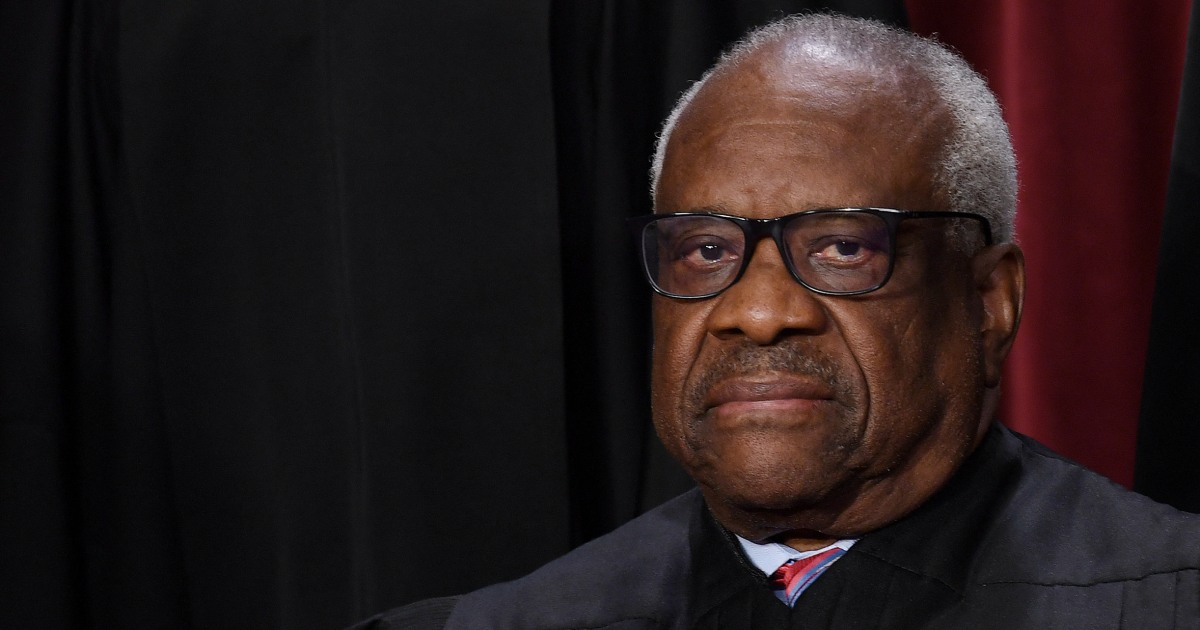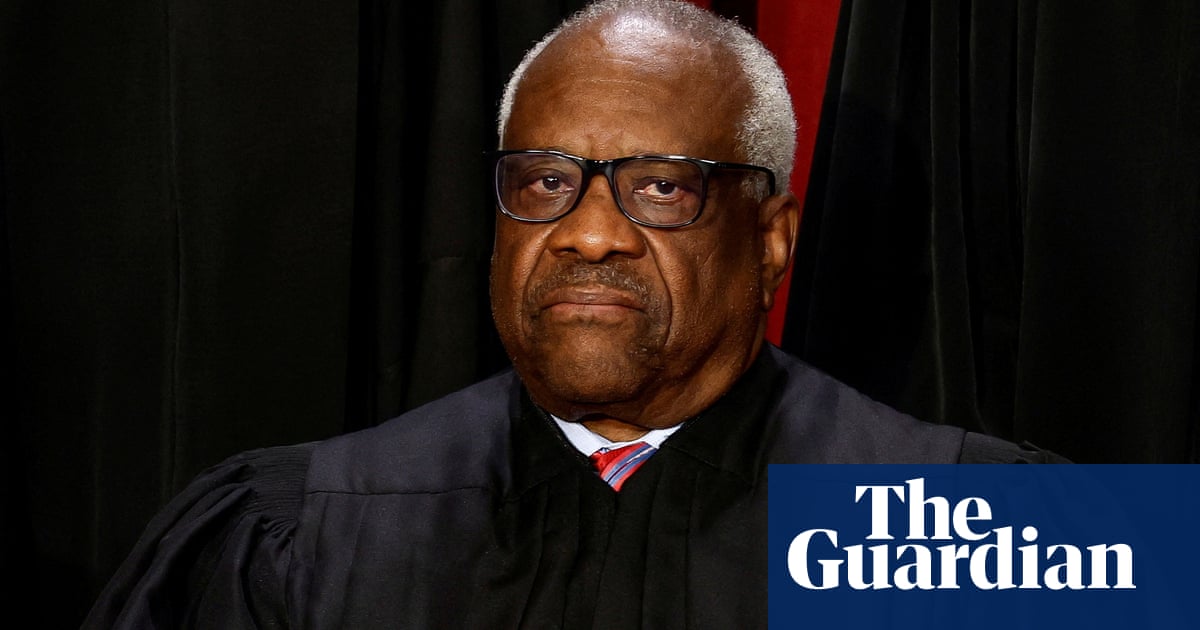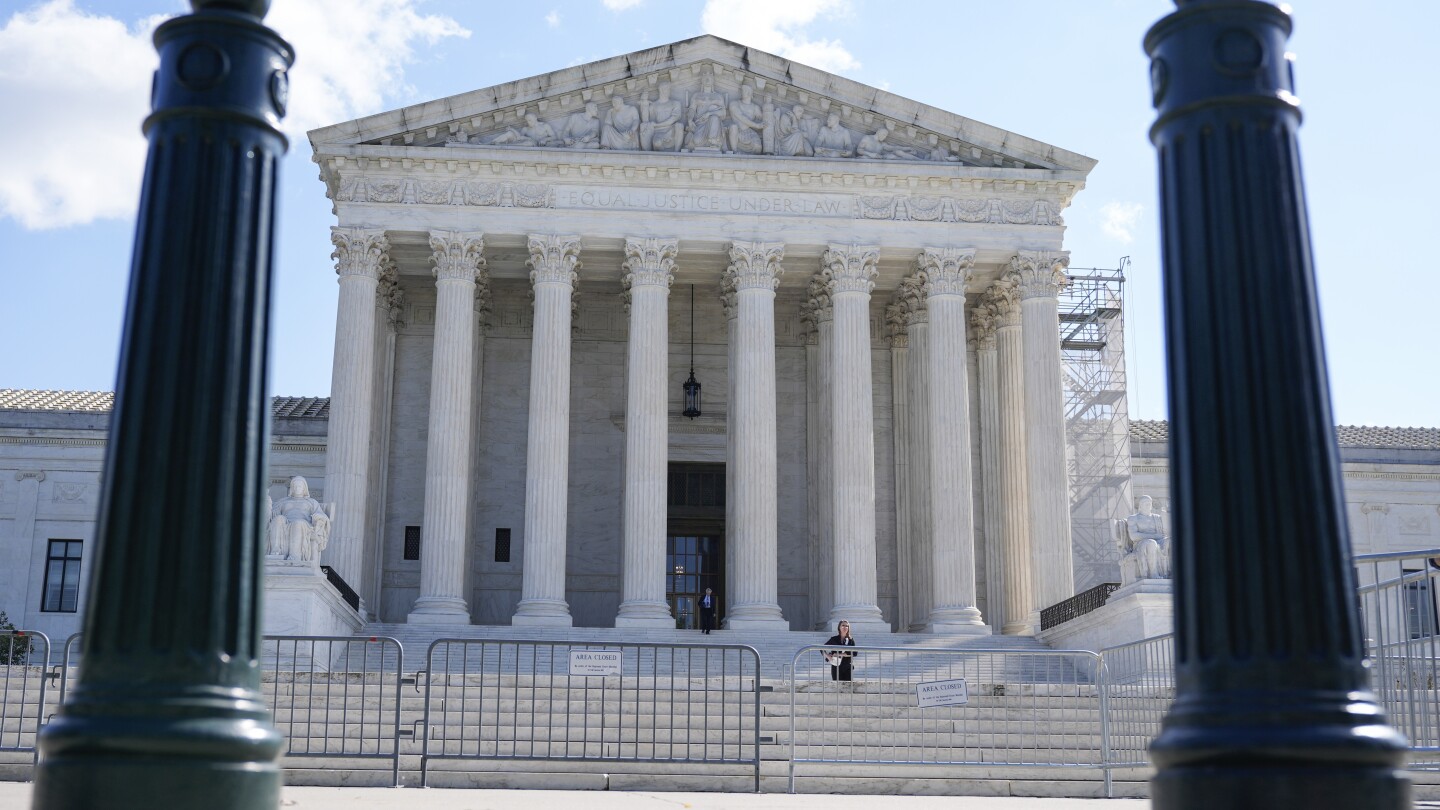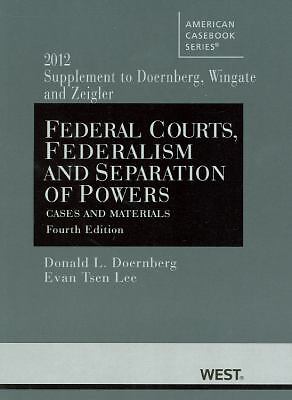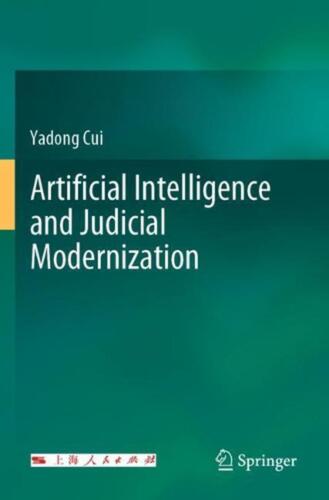A judicial organization that sets national policy for federal courts has rejected a request from two Democratic lawmakers to refer Supreme Court Justice Clarence Thomas to the Justice Department over free travel and gifts from wealthy benefactors that were largely omitted from his financial disclosure forms.
The group, the Judicial Conference, sent identical letters Thursday to Sen. Sheldon Whitehouse, D-R.I., who chairs the Judiciary subcommittee on federal courts, and Rep. Hank Johnson, D-Ga., the ranking member of the Judiciary subcommittee on courts, who asked it in 2023 to refer Thomas to the attorney general for investigation following a ProPublica report on free travel and gifts to Thomas by billionaire Harlan Crow and others.
Judicial Conference Secretary Robert J. Conrad Jr. said Thomas had filed amended financial disclosures “that address several issues identified in your letter” and argued that there is legal uncertainty over whether the Judicial Conference has the authority to refer complaints about Supreme Court justices.
“Because the Judicial Conference does not superintend the Supreme Court and because any effort to grant the Conference such authority would raise serious constitutional questions, one would expect Congress at a minimum to state any such directive clearly. But no such express directive appears in this provision,” Conrad said.
He rejected a similar request Thursday from Citizens for Renewing America President Russ Vought, President-elect Donald Trump’s pick to lead the Office of Management and Budget, who filed an ethics complaint against Justice Ketanji Brown Jackson over allegations that she failed to disclose details about income from her husband’s medical malpractice consulting.
Conrad said that both justices had amended their financial disclosures and that they have agreed to follow guidance issued to other federal judges.
Whitehouse criticized Conrad’s response, saying in a statement that it “ultimately doesn’t address the only real question the Judicial Conference should’ve been focused on for the nearly two years it spent on this matter: Is there reasonable cause to believe that Justice Thomas willfully broke the disclosure law?”
“By all appearances, the judicial branch is shirking its statutory duty to hold a Supreme Court justice accountable for ethics violations,” Whitehouse added.
Johnson criticized the Judicial Conference, saying in a statement Friday that the letter “in effect exempts Supreme Court justices from the financial reporting requirements that all other federal court judges are bound by law to follow.”
He also pressed for the passage of the Supreme Court Ethics, Recusal and Transparency Act, which he said includes an enforcement mechanism and holds justices to the same rules followed by lower court judges. That legislation was blocked by Senate Republicans last year.
Elliot S. Berke, an attorney for Thomas, has said his client “has fully complied with the new disclosure requirement” after guidance issued in 2023 specified that a reporting exemption for personal hospitality gifts did not apply to gifts of transportation and at commercial properties.
Rachel Cauley, a spokesperson for Citizens for Renewing America, a conservative social welfare group, argued after the Judicial Conference’s response that liberal justices are “not following” the ethics disclosure rules. She highlighted her group’s effort to draw attention to the issue, saying in a statement that “a think tank needs to file a complaint to get it covered and affect change.”
Whitehouse and Senate Finance Committee Chairman Ron Wyden, D-Ore., made a direct plea to the Justice Department in July to criminally investigate whether Thomas violated federal ethics and tax laws. No such investigations have been announced.
The Supreme Court formally adopted a new ethics code in 2023, but more than a year later questions have lingered over its enforcement.
Recently, the judicial body handling ethics complaints against Supreme Court Justice Clarence Thomas has announced that they will not be referring him to the Justice Department for further investigation. Despite numerous allegations of ethics lapses and conflicts of interest, the body has decided that there is not enough evidence to warrant a formal referral.
This decision has sparked outrage among many who believe that Thomas has long been able to skirt accountability for his actions. Critics argue that his close ties to conservative donors and organizations, as well as his wife’s work as a political activist, raise serious questions about his impartiality on the bench.
The lack of consequences for Thomas also highlights the broader issue of accountability within the judiciary. With lifetime appointments and limited oversight, Supreme Court justices often operate with little fear of repercussions for their actions.
As calls for reform within the judiciary continue to grow, the decision not to refer Clarence Thomas to the Justice Department serves as a stark reminder of the challenges in holding powerful judges accountable for their ethics lapses.
Tags:
judicial body, Clarence Thomas, ethics lapses, Justice Department, referral, Supreme Court, ethics investigation, misconduct allegations, federal judge, legal ethics, judicial misconduct, Supreme Court justice, ethics violations, judicial ethics, ethics review
#Judicial #body #wont #refer #Clarence #Thomas #Justice #Department #ethics #lapses
